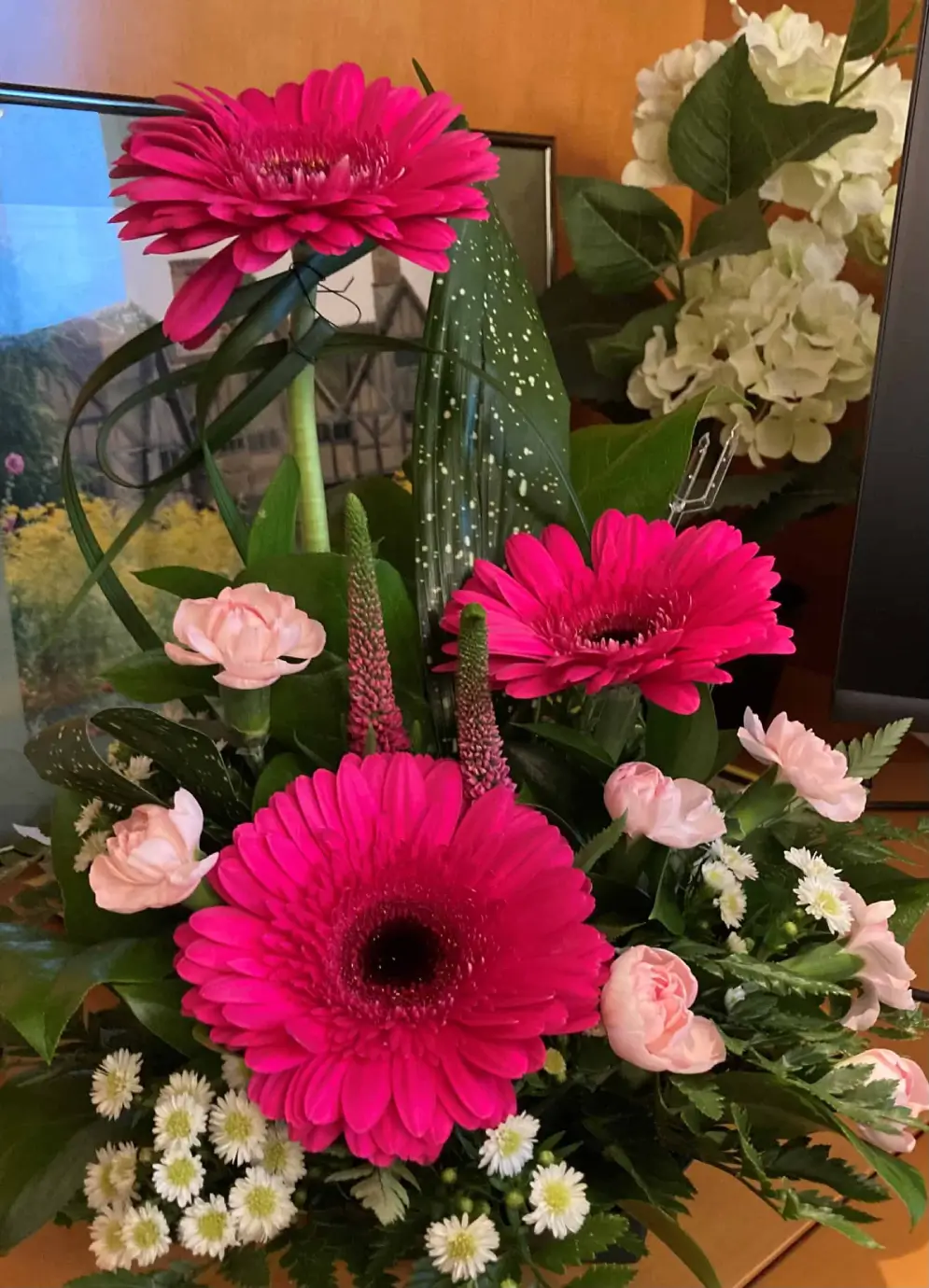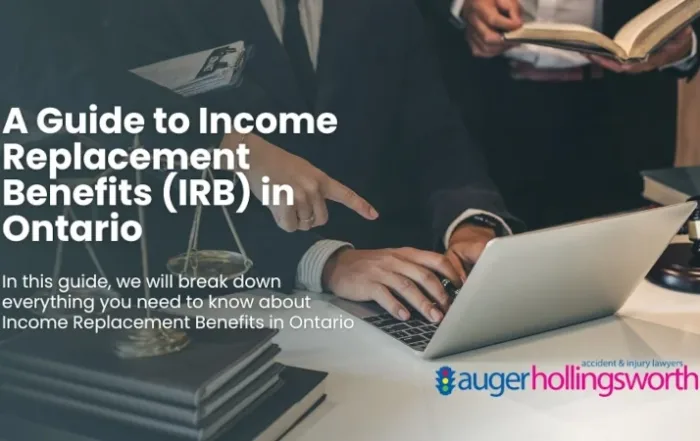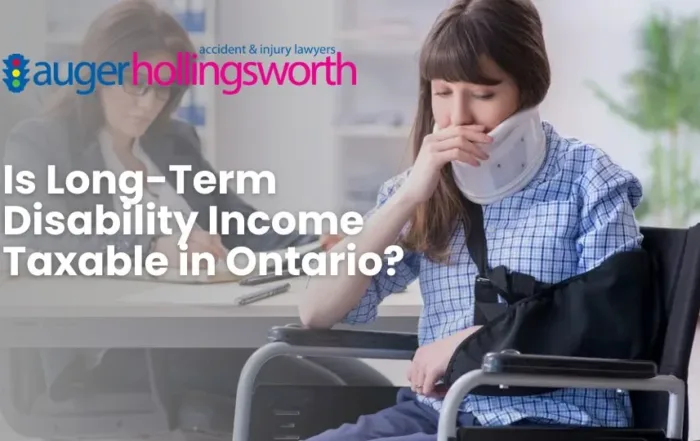How to Help An Injured Friend After an Accident

Supporting a friend after they have been injured in an accident can be crucial in helping them navigate the physical and emotional challenges that follow. Here’s how you can be a supportive and helpful presence during their recovery:
- Be Present
Your presence alone can be a significant comfort. Initially, the injured person may be overwhelmed with medical appointments, legal issues, and financial concerns. Offering your company can help them feel less isolated and more supported. Regular visits, phone calls, or even messages can show that you care. Remember, the key is consistency; your ongoing support can make a difference in their recovery.
- Listen Actively
Listening is one of the most valuable things you can do. Allow them to express their feelings and frustrations without judgment. Sometimes, they might just need someone to vent to or talk through their feelings with. Active listening involves empathizing, reflecting back what you hear, and refraining from rushing to give advice unless it’s asked for.
- Offer Practical Help
After an accident, daily tasks can become daunting. Offering practical help can significantly ease their burden. This could include helping with household chores, running errands, or assisting with transportation to medical appointments. You can also help by preparing meals, ensuring they have a stock of healthy, ready-to-eat food to aid in their recovery.
- Help with Information and Organization
An injured person may face a barrage of information and paperwork related to medical care, insurance, and possibly legal issues. Offering to help organize documents or research information can be immensely helpful. You might assist in setting up a system to track medical appointments, insurance claims, and other important information.
- Encourage Professional Medical Support
Depending on the severity of the injury, your friend might need more than just physical care; they might also need emotional or mental health support. Encourage them to seek help from professionals such as counselors or therapists, especially if they exhibit signs of depression or anxiety. Sometimes, having a neutral, professional person to talk to can help in dealing with the trauma of the accident.
- Encourage Legal Advice
Ontario’s legal landscape for accidents is complicated and has changed a lot over the past 2 decades. There are many misconceptions out there! Urge your friend to get a no obligation free consultation with an Ontario personal injury lawyer, like Auger Hollingsworth before they speak to an insurance company. Use this https://ahinjurylaw.com/contact-us/form to help get the ball rolling for your friend. Remind your friend that there can be tight timelines
- Be Patient and Understanding
Recovery can be a slow and frustrating process with good days and bad days. Show patience and understand that your friend might have emotional ups and downs. Being patient also means being flexible with your help and understanding that their needs may change as they progress through their recovery.
- Stay Positive but Realistic
It’s helpful to maintain a positive outlook; however, it’s also important to be realistic. Avoid dismissive optimism such as “You’ll be fine in no time!” Instead, acknowledge the pain and the challenges but remind them of their strengths and the support they have.
- Encourage Gradual Activity
As they recover, encourage your friend to gradually increase their activity levels, based on their doctor’s advice. Whether it’s short walks or light hobbies that keep them engaged, staying active can improve their physical health and mental state.
- Respect Their Boundaries
Always be mindful of their boundaries. If they prefer solitude at times or decline help, respect their wishes. Everyone handles recovery differently, and respecting their boundaries can help them feel more in control of their situation.
Conclusion
Helping a friend cope after an accident requires empathy, patience, and practical support. By being there for them—not just immediately after the incident but throughout their recovery—you can make a significant impact on their healing process.














